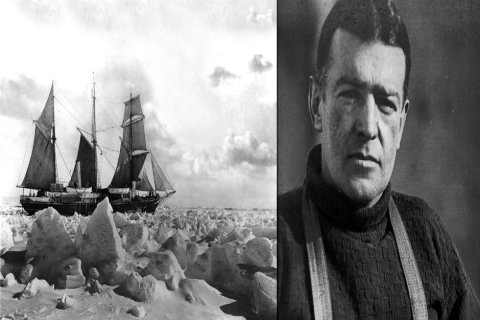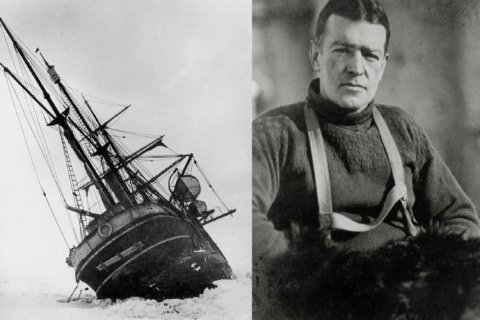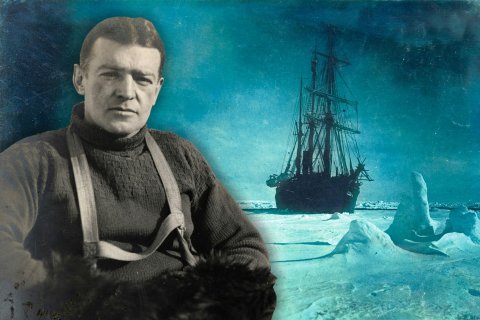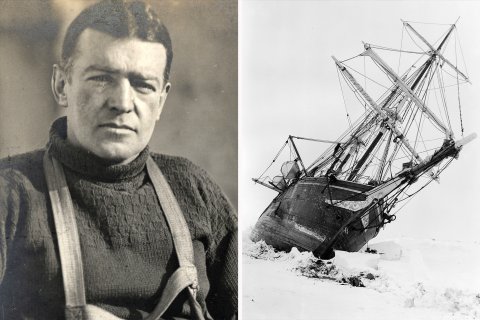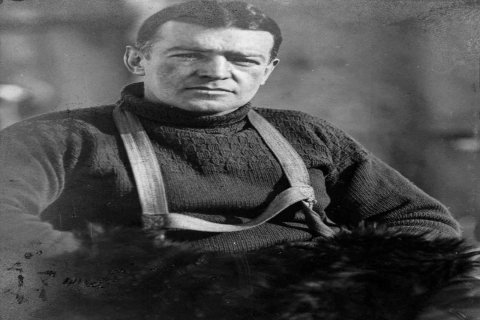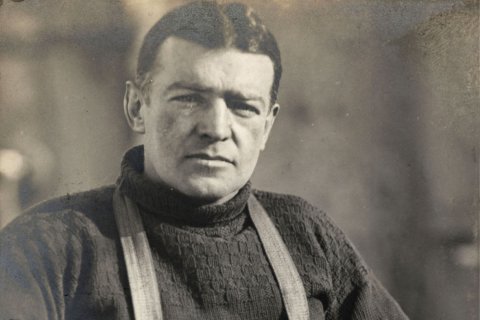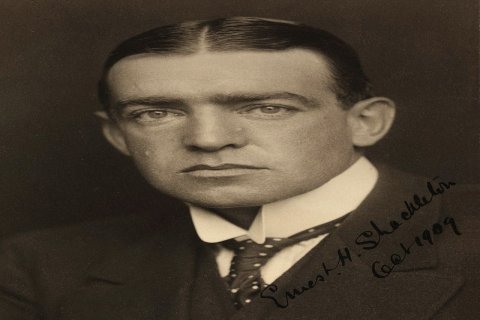Ernest Shackleton
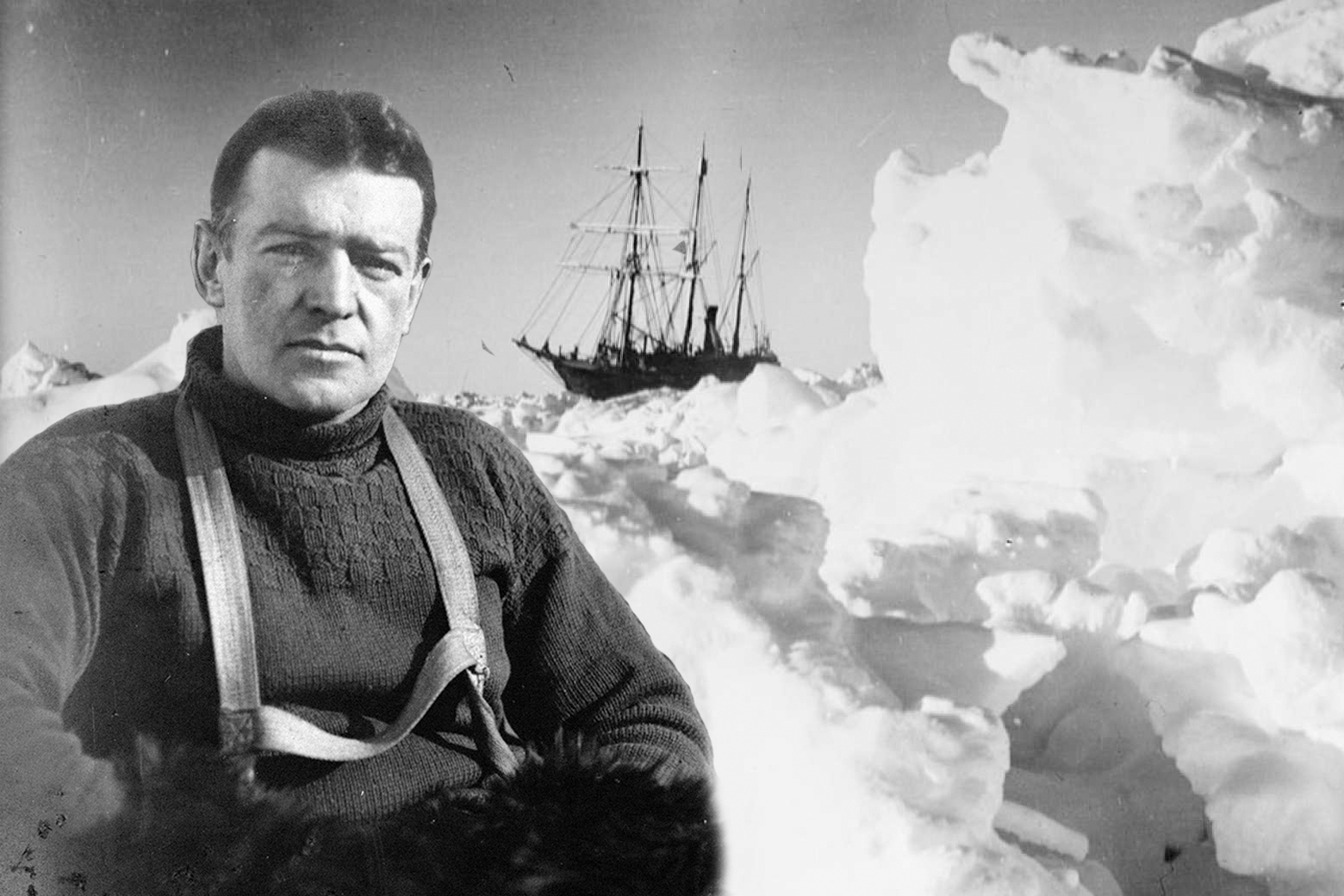
Ernest Henry Shackleton (15 February 1874 – 5 January 1922) was an Anglo-Irish Antarctic explorer who led three British expeditions to the Antarctic. He is best known for his third expedition, the Imperial Trans-Antarctic Expedition (1914–1917), which set out to be the first to cross the Antarctic continent. The expedition ship, Endurance, became trapped in pack ice and was crushed, forcing Shackleton and his crew to abandon ship. Shackleton then led an epic journey of over 800 miles across the ice to Elephant Island, where they were marooned for four months. Shackleton eventually sailed to South Georgia Island in a small boat to seek help. After several attempts, he was able to rescue the rest of his crew. Shackleton's leadership and survival skills have made him an iconic figure in the history of exploration.
Early Life and Career
Ernest Shackleton was born in Kilkea, County Kildare, Ireland, on 15 February 1874. He was the second son of Henry Shackleton, a doctor, and Henrietta Shackleton. Shackleton was educated at Dulwich College in London. He joined the merchant navy at the age of 16, and served in ships all over the world. In 1901, he joined the Discovery Expedition to the Antarctic, led by Robert Falcon Scott. Shackleton was second-in-command of the expedition, and he played a leading role in the exploration of the Ross Sea region.
The Nimrod Expedition
In 1907, Shackleton led his own expedition to the Antarctic, the Nimrod Expedition. The expedition's goal was to reach the South Pole, but it fell short by just 112 miles. However, the expedition did achieve a number of other important goals, including the first ascent of Mount Erebus, the highest volcano in Antarctica.
The Imperial Trans-Antarctic Expedition
In 1914, Shackleton led the Imperial Trans-Antarctic Expedition, which was intended to be the first to cross the Antarctic continent. The expedition ship, Endurance, became trapped in pack ice in the Weddell Sea and was eventually crushed. Shackleton and his crew were forced to abandon ship and camp on the ice. They drifted for several months until they reached Elephant Island, where they were marooned for four months.
Shackleton eventually sailed to South Georgia Island in a small boat to seek help. After several attempts, he was able to rescue the rest of his crew. The entire ordeal lasted for over a year, and it is considered to be one of the greatest survival stories in history.
Later Life and Legacy
After the Imperial Trans-Antarctic Expedition, Shackleton returned to England a hero. He was knighted by King George V, and he was awarded the Polar Medal. Shackleton continued to lecture and write about his experiences in the Antarctic. He also led several more expeditions to the Arctic and Antarctic regions.
Shackleton died of a heart attack on 5 January 1922, while on an expedition to the Antarctic. He was buried in Grytviken, South Georgia Island. Shackleton is remembered as one of the greatest explorers of all time. He was a brave and resourceful leader, and he was always willing to take risks. Shackleton's expeditions helped to open up the Antarctic continent to exploration, and they inspired generations of future explorers.
Celebrity Status
Shackleton's fame as an explorer made him a celebrity in his own lifetime. He was a popular speaker and writer, and he was often featured in newspapers and magazines. Shackleton's celebrity status helped to raise awareness of the importance of Antarctic exploration, and it also helped to promote public interest in science and adventure.
English Language
Shackleton's first language was English. He spoke with a pronounced Irish accent, but he was able to communicate fluently with people from all over the world. Shackleton's use of English helped to spread the story of his expeditions to a wide audience. His writings and lectures helped to shape the public's understanding of the Antarctic continent, and they continue to be read and enjoyed by people around the world today.

